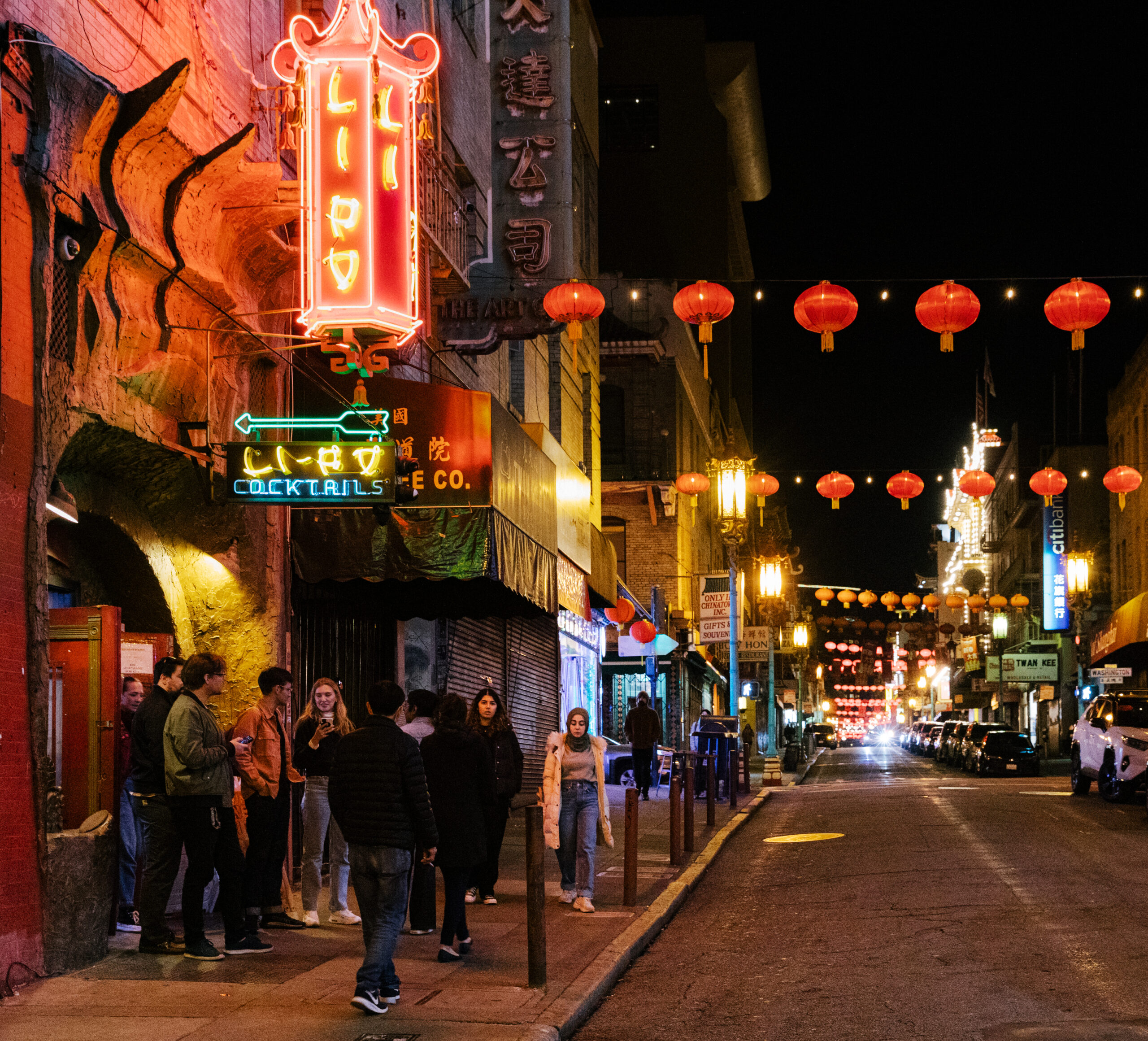Restaurants, bars and shops are the lifeblood of any city. But San Francisco’s confusing tangle of rules and regulations means that small businesses are often tripped up in their efforts to fill vacant spaces.
In a bid to boost San Francisco’s recovery and enliven the city’s commercial corridors, Mayor London Breed and a handful of supervisors introduced legislation that would take a hatchet to the city’s complicated planning code with the goal of easing the pathway for new businesses to open their doors.
The legislation—introduced Tuesday by Breed along with Supervisors Matt Dorsey, Joel Engardio and Myrna Melgar—would make over 100 changes to the planning code to allow flexible uses in vacant spaces, a shorter approval process for bars and entertainment venues and a slew of other changes.
‘Flexible Retail’
One of the main aspects of the rule changes is permitting “flexible retail” across the city, meaning that a business that, say, wanted to sell both wine and home goods would be allowed to open without additional hassle. Currently, flexible-retail businesses are only allowed in a minority of the city’s 11 districts.
The proposal would also allow for new non-retail uses in ground floor spaces like accounting firms and co-working spaces in a bid to fill vacancies.
“Customers don’t want static retail," said Katy Tang, the executive director of the Office of Small Business. "We want to motivate them to go into a store by addressing that flexibility and allowing for new business models."
GET THE INSIDE SCOOP: Power Play is The Standard's new insider email newsletter covering City Hall and politics. Sign up here.
Tang described the general aim of the legislation as “making it one step more permissive” around zoning and approvals.
That may not sound particularly exciting, but it has real impacts for small businesses looking to set up shop.
One of the main targets of the changes is conditional-use authorization for new businesses. Conditional-use authorization, a process that involves additional review by city bodies and neighbors, often means months of additional work—and untold dollars—on behalf of the business owner prior to opening.
Earl Shaddix, executive director of the nonprofit Economic Development on Third, said the new rules would cut at least three months from his effort to turn underused space on Third Street into affordable maker space for underrepresented food entrepreneurs.
Shaddix said he is advising others on the Third Street corridor to hold off and wait for the new system before trying to make changes to their businesses.
“Anything that logically can streamline the complicated permitting process and make things easier for business we support because ultimately time is money,” said Laurie Thomas, the executive director of the Golden Gate Restaurant Association.
Patios, Liquor Permits and More
The planning code changes also incorporate a new liquor license for music venues to sell alcohol while also allowing minors on the premises. The legislation would also allow businesses to legalize unpermitted patios that have been around for at least 10 years.
A former supervisor, Tang spearheaded legislation around flexible retail in 2018 and has spent much of her career in local politics diving into the intricacies of the planning code.
But the complexity of the city’s rules surprised even her. For example, Tang discovered on a merchants' walk that the planning commission previously approved a cap on restaurants on Haight Street—a policy that had little support among business owners on the corridor.
The new legislation would remove that cap, newly authorize bars on Sacramento Street and allow new restaurants in Chinatown without conditional-use authorization.
On the Taraval and Geary commercial corridors, formula retail businesses are now authorized to open via the conditional-use process after previously being prohibited. Rules around formula retail were enacted to guard against chain stores and restaurants overtaking neighborhoods, but have been criticized for hamstringing homegrown San Francisco businesses that were successful enough to open more than 10 locations.
“Classically, conditional use has been to block or prevent businesses; now, you’re using it to open up an option that didn’t exist before,” Thomas said. “We need flexibility because, although we’re not sure what’s going to get us out of this, we should be able to try a number of different things.”
For businesses that do require a conditional-use authorization, the legislation now allows nightlife venues, bars and restaurants with full liquor licenses to take part in a program that allows for expedited review.
Tang said the planning code changes are in line with other small business efforts from the city, including laws meant to speed up permit reviews. As part of her budget proposal last week, Breed is also pitching an extension of the First Year Free program, which waives registration and permitting fees for new businesses.
“People who have benefited from the new rules don’t realize how hard it was before,” Tang said.
